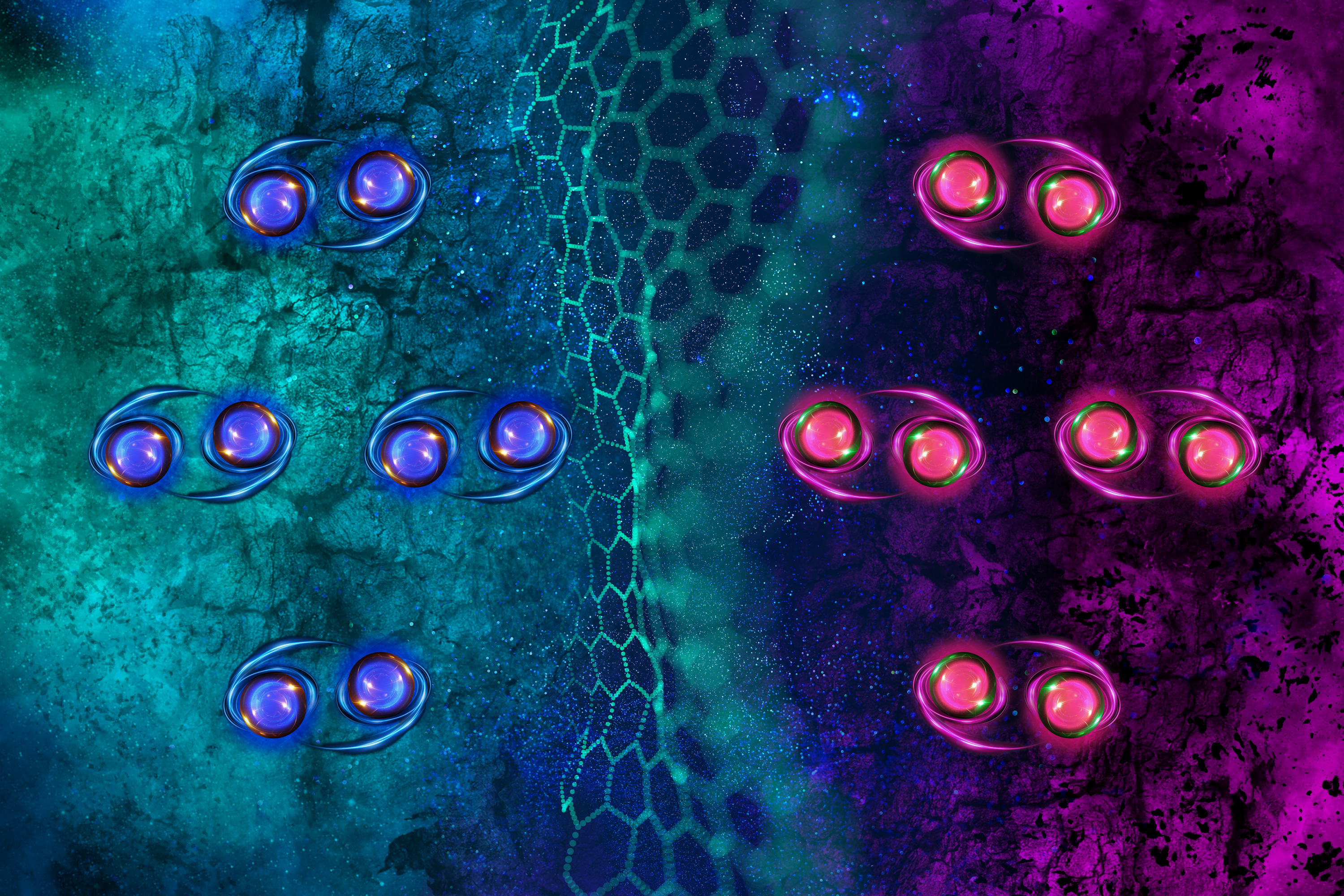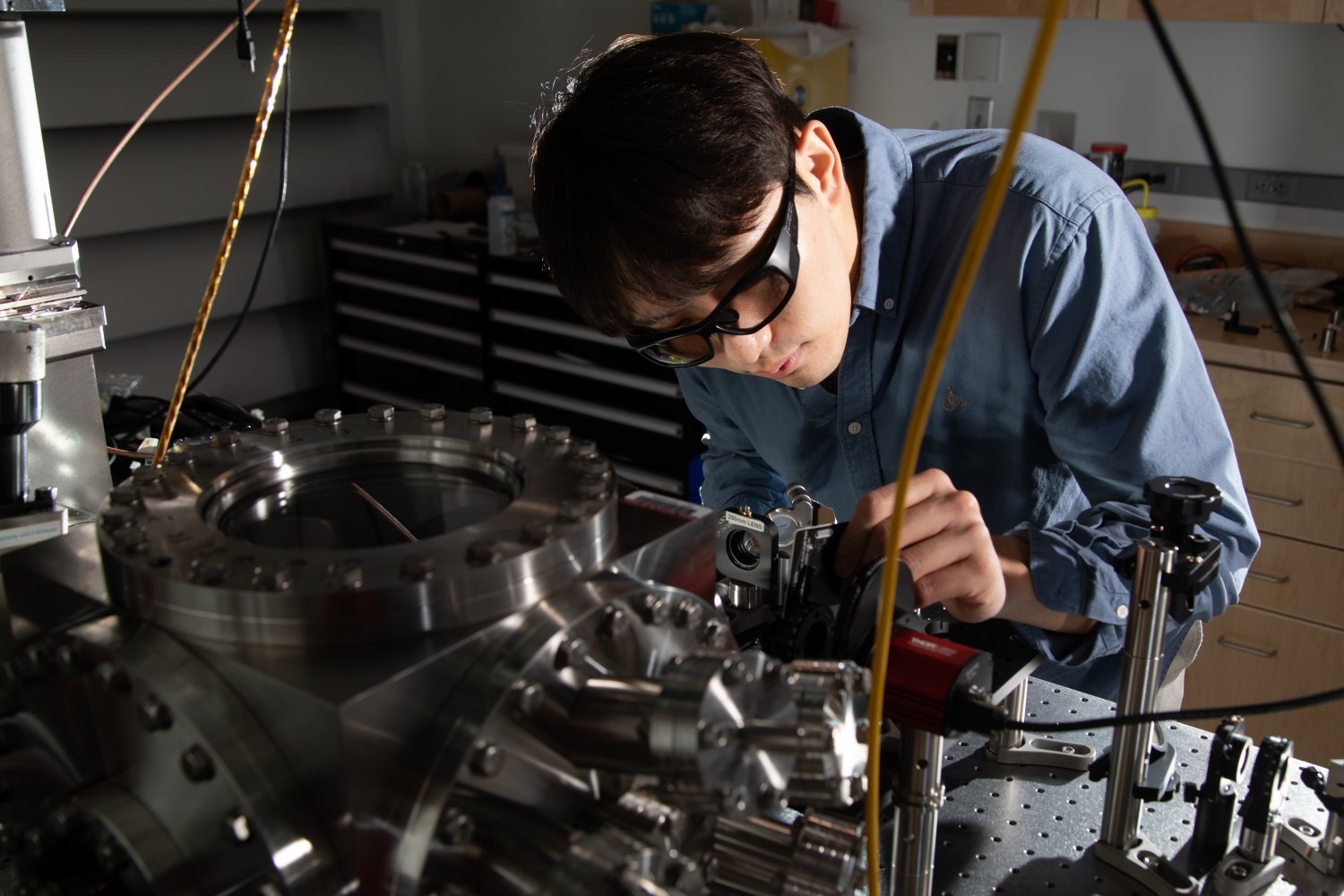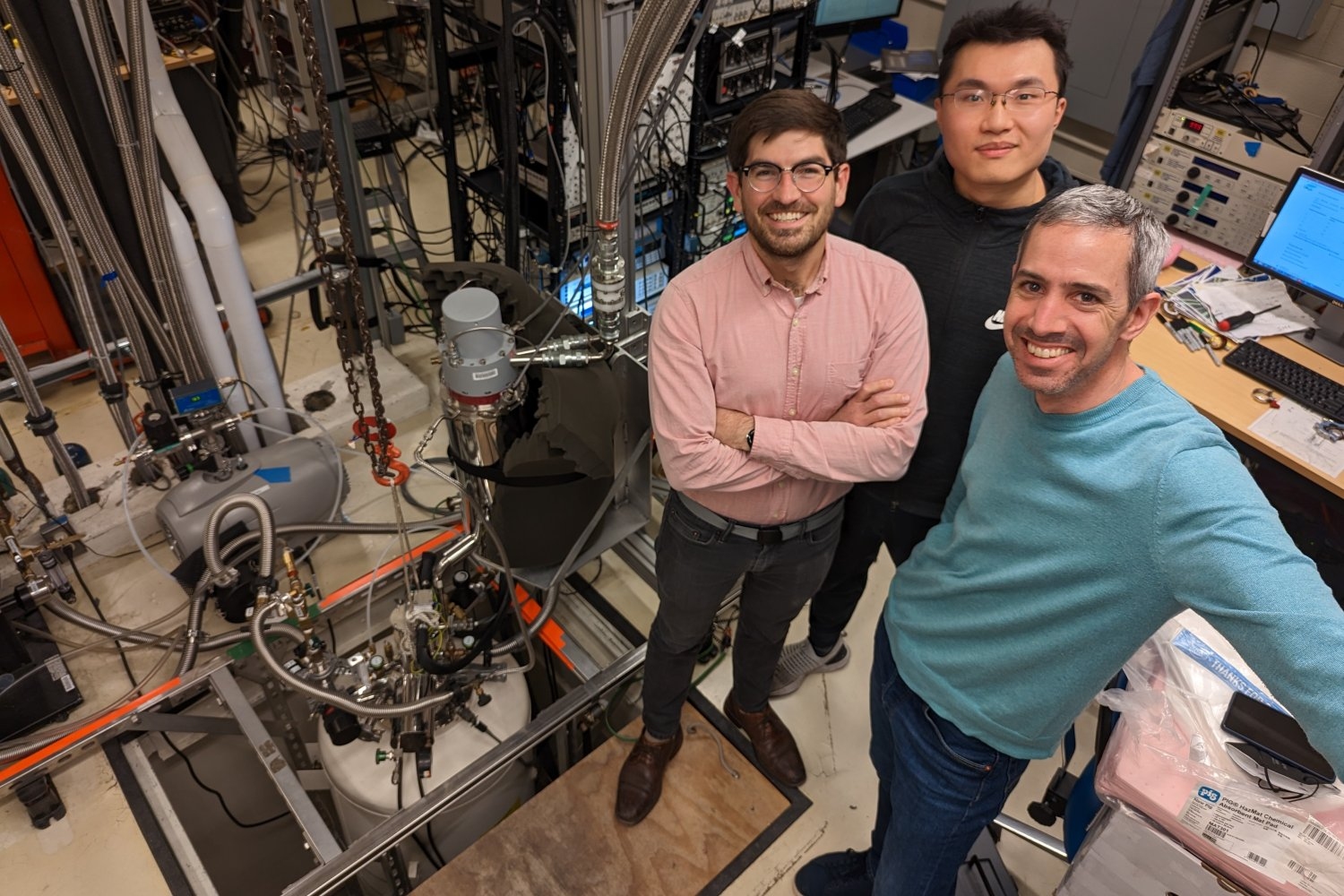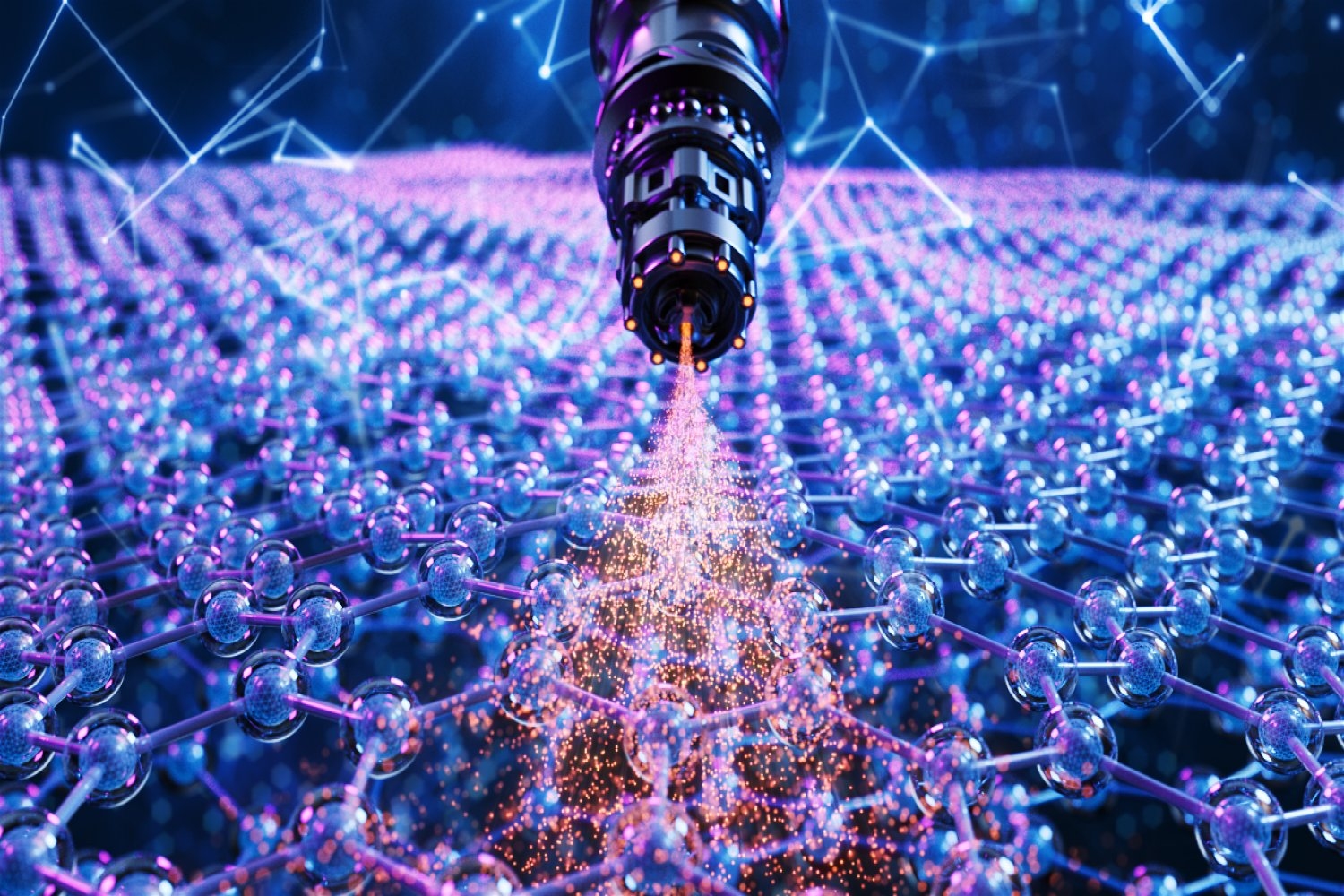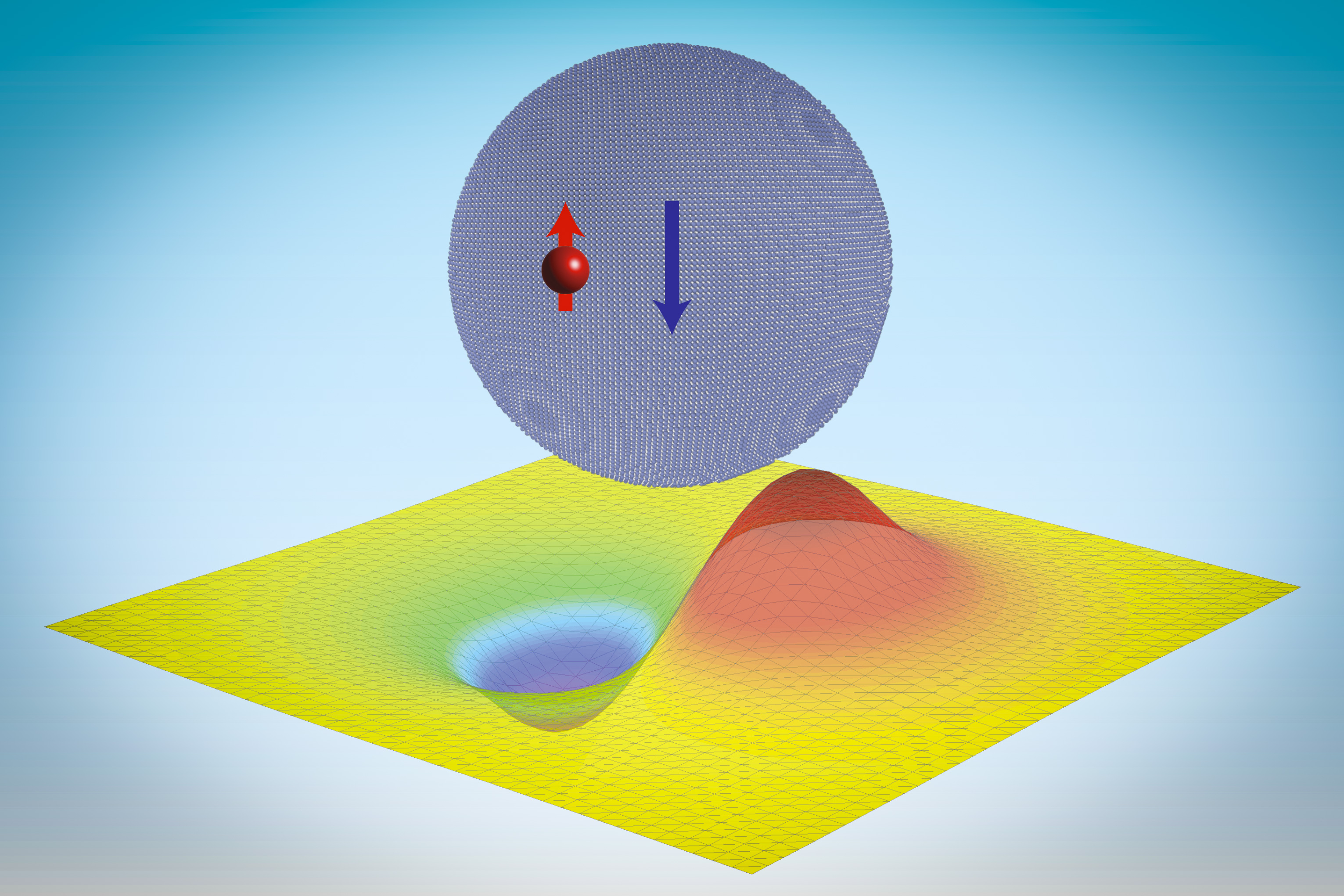How the science of tiny timescales could speed up computers and improve solar cell technology
Attosecond science allows the extremely fast movements of electron particles to be observed. This emerging field brings both opportunity and controversy.
Carla Faria, Professor of Physics, UCL •
conversation
Jan. 15, 2025 • ~8 min
Jan. 15, 2025 • ~8 min
New computational chemistry techniques accelerate the prediction of molecules and materials
With their recently-developed neural network architecture, MIT researchers can wring more information out of electronic structure calculations.
Steve Nadis | Department of Nuclear Science and Engineering •
mit
Jan. 14, 2025 • ~9 min
Jan. 14, 2025 • ~9 min
Naked singularities: how quantum black holes explain why we don’t see the end of space and time
At a singularity, the laws of physics as we know them suffer a complete breakdown. So such objects really shouldn’t exist.
Robie Hennigar, Willmore Fellow of Mathematical Physics, Durham University •
conversation
Nov. 27, 2024 • ~9 min
Nov. 27, 2024 • ~9 min
Quantum information theorists are shedding light on entanglement, one of the spooky mysteries of quantum mechanics
Quantum information theory is the field behind quantum computing, but experts in this field are also applying their way of thinking to some big questions in quantum physics.
William Mark Stuckey, Professor of Physics, Elizabethtown College •
conversation
July 30, 2024 • ~11 min
July 30, 2024 • ~11 min
How long before quantum computers can benefit society? That’s Google’s US$5 million question
Quantum computing has huge promise from a technical perspective, but the practical benefits are less clear.
Adam Lowe, Lecturer, School of Computer Science and Digital Technologies, Aston University •
conversation
March 26, 2024 • ~7 min
March 26, 2024 • ~7 min
/
8

